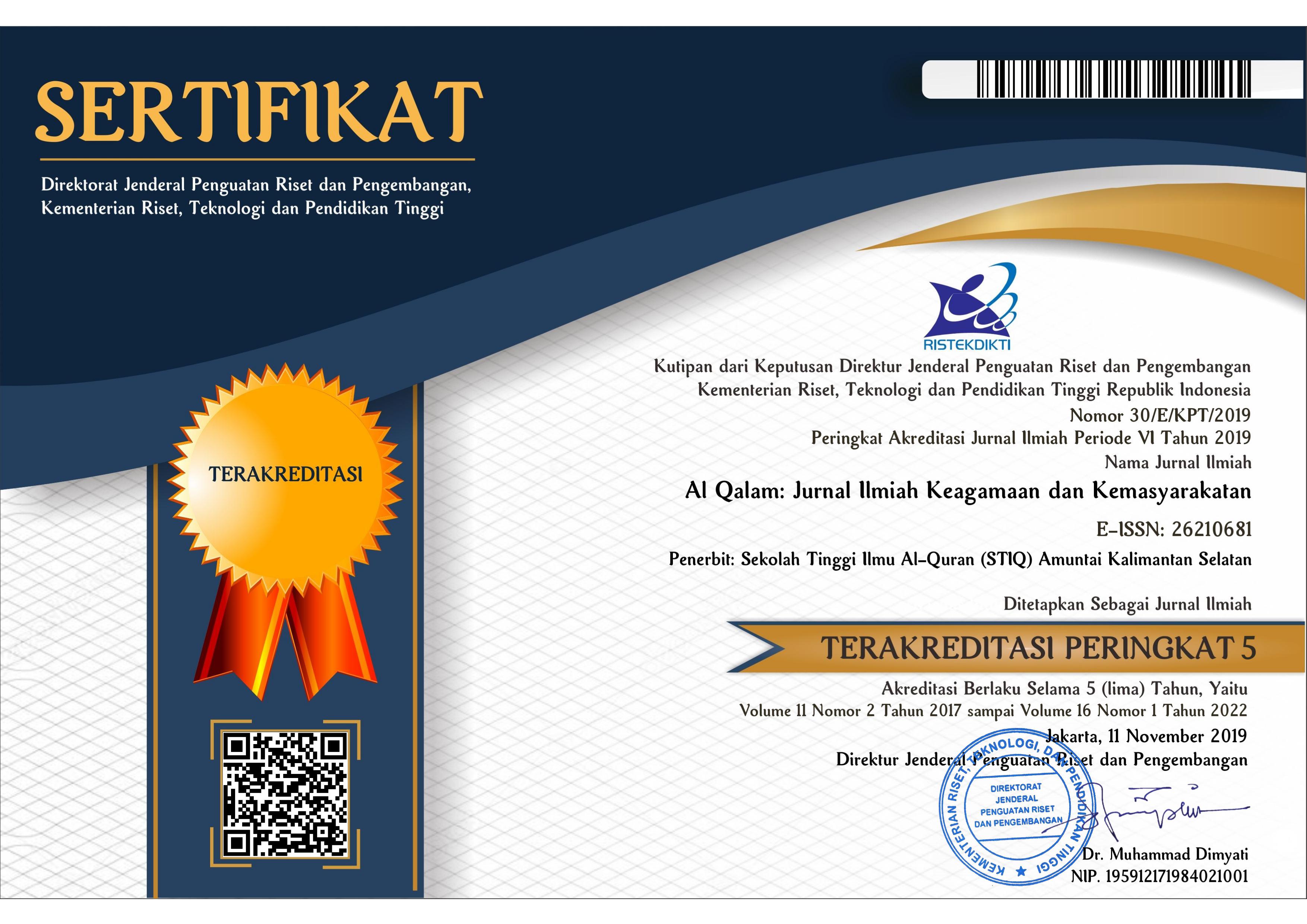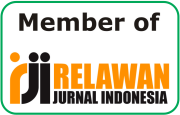Network Society: Digital Empowerment or Disempowerment
Abstract
Keywords
Full Text:
PDFReferences
Barney, Darin. The Network Society. Vol. 2. Polity, 2004.
Burgelman, Jean-Claude. "Regulating Access in the Information Society: The Need for Rethinking Public and Universal Service." New Media & Society 2.1 (2000): 51-66.
Castells, Manuel. "Toward a Sociology of the Network Society." Contemporary Sociology 29.5 (2000): 693-699.
Castells, Manuel. The Internet Galaxy: Reflections on the Internet, Business, and Society. Oxford University Press on Demand, 2002.
Castells, Manuel. End of Millennium. Vol. 3. John Wiley & Sons, 2010.
Castells, Manuel, and Gustavo Cardoso. The Network Society. Vol. 469. Oxford: blackwell, 1996.
Chrisnatalia, Sandra Grace, and Dedi Rianto Rahadi. "Komunikasi Digital pada Pembelajaran secara Daring Dimasa Pandemi Covid-19." Jurnal Bonanza: Manajemen dan Bisnis 1.2 (2020): 56-65.
Coe, Neil M., Peter Dicken, and Martin Hess. "Global Production Networks: Realizing the Potential." Journal of Economic Geography 8.3 (2008): 271-295.
Cullen, Rowena. "Addressing the Digital Divide." Online Information Review (2001).
Djauhari, Marhum. "Pemberdayaan Infrastruktur TIK dalam Mendorong Perekonomian Masyarakat Miskin di Perdesaan." Buletin Pos dan Telekomunikasi 9.1 (2011): 1-22.
Fonna, Nurdianita. Pengembangan Revolusi Industri 4.0 dalam Berbagai Bidang. Guepedia, 2019.
Fuchs, Christian. Internet and Society: Social Theory in the Information Age. Routledge, 2007.
Hoffmann, Christian Pieter, and Christoph Lutz. "Digital Divides in Political Participation: The Mediating Role of Social Media Self‐Efficacy and Privacy Concerns." Policy & Internet 13.1 (2021): 6-29.
Hokka, Jenni, et al. "Catalysing Citizen Activism in Manse Forum." Toward Active Citizenship on the Net: Possibilities of Citizen Oriented Communication: Case Studies from Finland. 2004. 205-242.
Kaunang, Fergie Joanda, et al. Konsep Teknologi Informasi. Yayasan Kita Menulis, 2021.
Marsal-Llacuna, Maria-Lluïsa. "Future Living Framework: Is Blockchain the Next Enabling Network?." Technological Forecasting and Social Change 128 (2018): 226-234.
Moleong, Lexy J. "Metode Penelitian Kualitatif Edisi Revisi." Bandung: PT Remaja Rosdakarya (2014).
Nissen, Christian S. "Public Service Media in the Information Society." (2006).
Putra, Rizki Saga, and Irwansyah Irwansyah. "Media komunikasi Digital, Efektif Namun Tidak Efisien, Studi Media Richness Theory dalam Pembelajaran Jarak Jauh Berbasis Teknologi di Masa Pandemi." Global Komunika: Jurnal Ilmu Sosial dan Ilmu Politik 3.2 (2020): 1-13.
Sari, Astari Clara, et al. "Komunikasi dan Media Sosial." Jurnal The Messenger 3.2 (2018): 69.
Small, Mario Luis. Unanticipated Gains: Origins of Network Inequality in Everyday Life. Oxford University Press, 2009.
Stalder, Felix. Manuel Castells: The Theory of the Network Society. Polity, 2006.
Tosepu, Yusrin Ahmad. Media Baru dalam Komunikasi Politik (Komunikasi Politik I Dunia Virtual). Jakad Media Publishing, 2018.
Meneses, Julio, and Josep M. Mominó. "Online Community Building in Classrooms and Schools: Using the Internet to Extend Teachers’ Face-To-Face Community Practices." Educar 51.2 (2015): 417-440.
Wang, Lian, and Chun Liu. "Lost in mobile? Exploring the Mobile Internet Digital Divide among Chinese College Students." International Journal of Educational Technology in Higher Education 18.1 (2021): 1-17.
Wimmer, Maria A. "A European Perspective towards Online One-Stop Government: The eGOV Project." Electronic Commerce Research and Applications 1.1 (2002): 92-103.
Wynn, James. Citizen Science in the Digital Age: Rhetoric, Science, and Public Engagement. University of Alabama Press, 2017.
DOI: http://dx.doi.org/10.35931/aq.v17i1.1795
Refbacks
- There are currently no refbacks.
Copyright (c) 2023 Al Qalam: Jurnal Ilmiah Keagamaan dan Kemasyarakatan
Al Qalam: Jurnal Ilmiah Keagamaan dan Kemasyarakatan
index by:
Publish by:
Sekolah Tinggi Ilmu Al-Qur'an Amuntai
Contact us:
Address: Jl. Rakha Pakapuran, Amuntai Utara
Kabupaten : Hulu Sungai Utara
Kode Pos : 71471
Provinsi : Kalimantan Selatan
Telephone : 085251613000
Email: hafizhihusinsungkar@gmail.com

This work is licensed under a Creative Commons Attribution 4.0 International License


